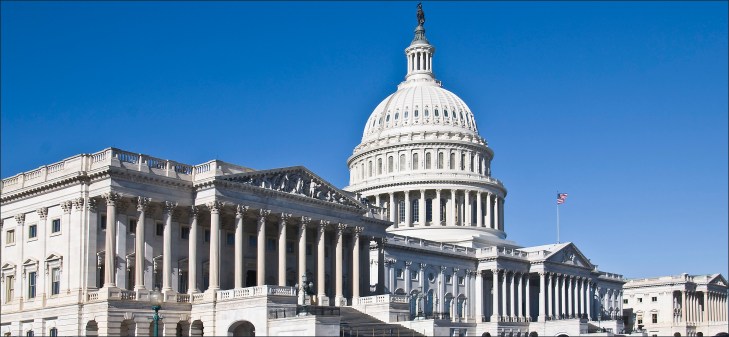Maybe you’ve delighted in reading some of Hillary Clinton’s more humorous emails, released in several stages over the past year — there’s the one where she calls Harriet Tubman her “home girl,” or the time she jokes about Chinese hackers messing with her contacts. But imagine someone digging into your old emails and reading through all your bad jokes, family feuds and business arrangements. It’s not so funny anymore, right? Here’s the thing — law enforcement officials can read through your old emails anytime without a warrant.
The House Judiciary Committee made its first move to fix this legal loophole today, voting 28-0 to approve the Email Privacy Act. The bill would require officials to obtain a warrant before reading Americans’ old emails (and texts, instant messages and other cloud-stored communications). If the Email Privacy Act continues to progress through Congress, it will amend the Electronic Communications Privacy Act, which allows law enforcement (with a simple subpoena) to read emails that are more than 180 days old.
The vote is the first major move toward reforming ECPA, a 30-year-old law that governs digital communications and differentiates between data stored on a computer or other device and data stored in the cloud. Now that cloud storage is more common, it no longer makes sense to allow unfettered access to emails and messages stored in the cloud.
“This legislation is a long overdue remedy to the loopholes in ECPA that treat data stored in the cloud differently than data stored on a local computer,” said Information Technology and Innovation Foundation vice president Daniel Castro, whose organization has supported the bill. “Americans expect that their data will receive Fourth Amendment protections regardless of the means used to store it, and this legislation will help bridge that divide.”
Several states, including California, Colorado, Maine, Texas and Utah, already have similar privacy laws in place.
After today’s vote, there’s still a long path to victory for the bill, which will need to pass several more votes and receive the president’s approval before becoming law. However, with 314 representatives already signed on as co-sponsors, the bill’s chances look pretty good.
“Today is a great day for not only the Fourth Amendment advocates who have fought long and hard to move the Email Privacy Act, but also for all Americans, who are one step closer to having private and secure digital communications,” Rep. Kevin Yoder, the bill’s sponsor, told USA Today.
